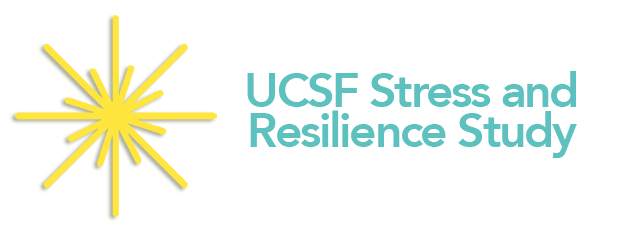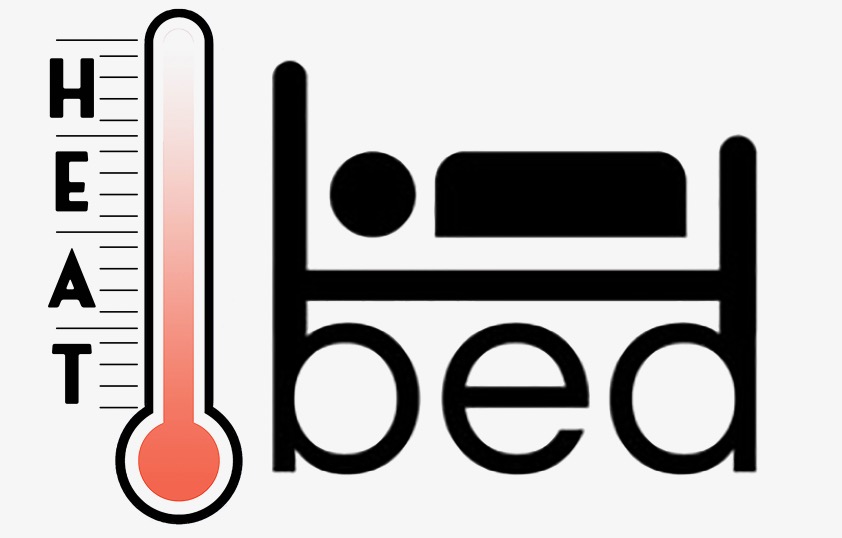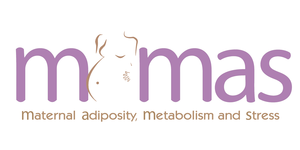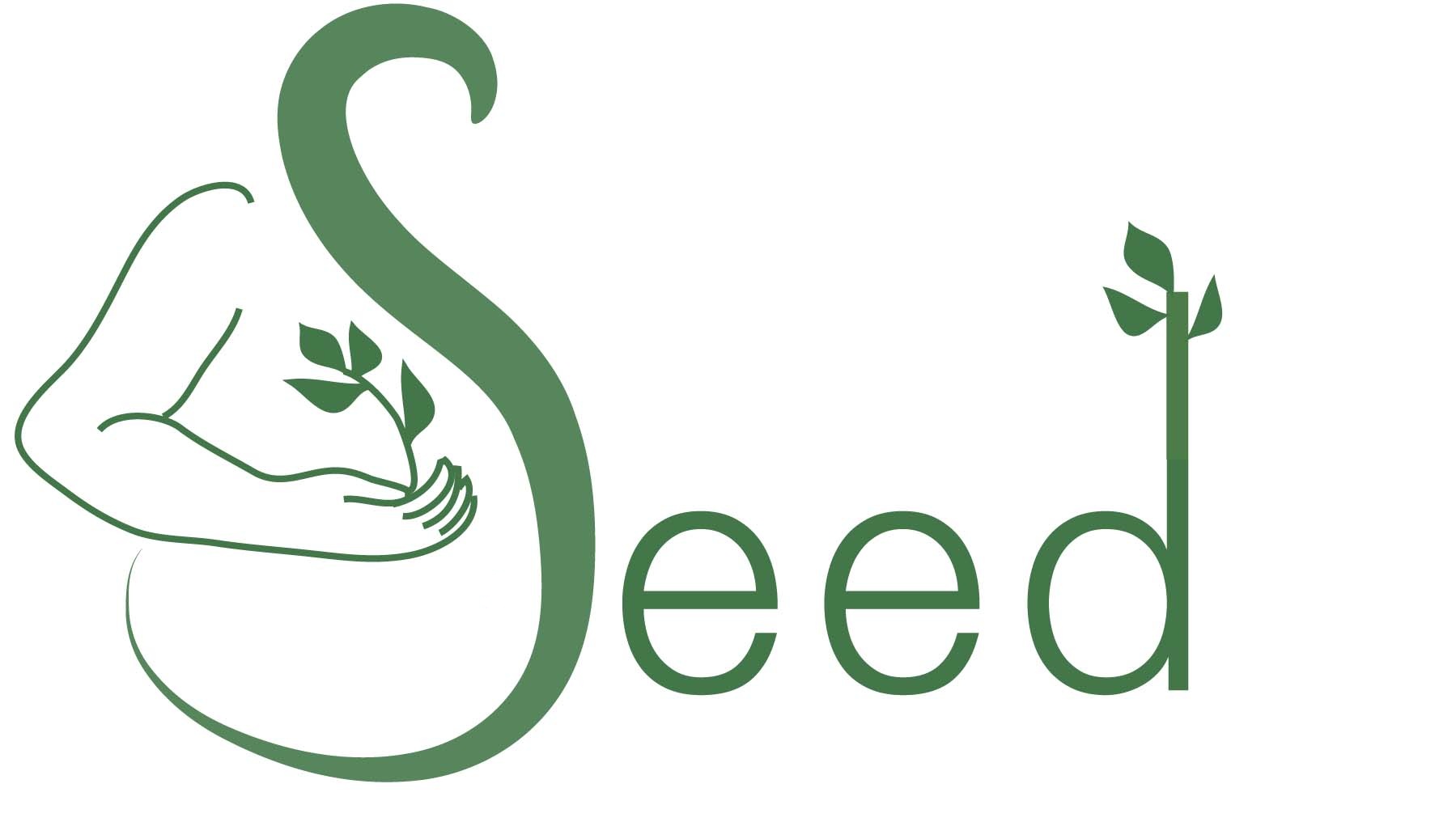 The Stress Free UC Study is a large-scale, randomized control trial examining the relationship between stress and mindfulness in UC employees. It is the first study of its kind, spanning five UC campuses, including UCSF, UC Irvine, UCLA, UC Merced, and UC Riverside. This study is fully digital, and participants are asked to use a digital mindfulness application daily. Researchers at UCSF are partnering with the Healthy Campus Network to execute the two components of the Stress Free UCSF Study. The first component, Stress Free UC, is a broad, survey-based study tracking the stress and mindfulness of UCSF employees from before the mindfulness intervention to 12 months post-intervention. The second component, or the Stress Free UC + Health, is examining various signs of biopsychological health, including body measurements and biological indices, in overweight UC employees before and after the meditation intervention. Medical and employment records are also being collected to assess the real-life implications of stress and mindfulness on health.
The Stress Free UC Study is a large-scale, randomized control trial examining the relationship between stress and mindfulness in UC employees. It is the first study of its kind, spanning five UC campuses, including UCSF, UC Irvine, UCLA, UC Merced, and UC Riverside. This study is fully digital, and participants are asked to use a digital mindfulness application daily. Researchers at UCSF are partnering with the Healthy Campus Network to execute the two components of the Stress Free UCSF Study. The first component, Stress Free UC, is a broad, survey-based study tracking the stress and mindfulness of UCSF employees from before the mindfulness intervention to 12 months post-intervention. The second component, or the Stress Free UC + Health, is examining various signs of biopsychological health, including body measurements and biological indices, in overweight UC employees before and after the meditation intervention. Medical and employment records are also being collected to assess the real-life implications of stress and mindfulness on health.
Publications:
 d BOOSTER. Both these studies examine how the COVID-19 vaccine response is affected by factors such as age, stress, and sleep. While BOOST looks at the initial vaccine series, BOOSTER examines the antibody response to the initial COVID-19 booster. These studies push our vaccine research further by examining how antibodies are maintained over a 6-month period. Understanding factors that influence long-term antibody response may help us figure out ways to improve the durability of the vaccine protection against COVID and other diseases.
d BOOSTER. Both these studies examine how the COVID-19 vaccine response is affected by factors such as age, stress, and sleep. While BOOST looks at the initial vaccine series, BOOSTER examines the antibody response to the initial COVID-19 booster. These studies push our vaccine research further by examining how antibodies are maintained over a 6-month period. Understanding factors that influence long-term antibody response may help us figure out ways to improve the durability of the vaccine protection against COVID and other diseases. The Cardiovascular, Sleep and Imaging (CASI) Study is one of the first studies of its kind to investigate the potential link between sleep disorders and cardiovascular health. In this study, healthy sleepers are compared to insomnia patients in their sleep physiology and arterial inflammation using a PET/MRI scan. The CASI Study is a pilot aimed to gather initial data for more larger studies in the future and will pave the way for more promising research on this important and prevalent topic.
The Cardiovascular, Sleep and Imaging (CASI) Study is one of the first studies of its kind to investigate the potential link between sleep disorders and cardiovascular health. In this study, healthy sleepers are compared to insomnia patients in their sleep physiology and arterial inflammation using a PET/MRI scan. The CASI Study is a pilot aimed to gather initial data for more larger studies in the future and will pave the way for more promising research on this important and prevalent topic. ce from 1987 to 1997. NGHS aims to look at how stress affects women's nutrition, health, and weight. In addition, the project focuses on factors related to children's weight, the transmission of stress across generations, and the correlation between race and health. We hope that knowledge acquired from this project and the original study will help improve women and children's health.
ce from 1987 to 1997. NGHS aims to look at how stress affects women's nutrition, health, and weight. In addition, the project focuses on factors related to children's weight, the transmission of stress across generations, and the correlation between race and health. We hope that knowledge acquired from this project and the original study will help improve women and children's health. The Sleep and Social Experiences (SASE) Study investigates the role of social experiences on sleep. Healthy and normal sleepers are asked to visit our Sleep Lab for two consecutive evenings, during which time they are exposed to a variety of social experience tasks. After, participants sleep overnight in the lab. During sleep, we collect data related to cardiovascular physiology and polysomnography to examine how social experiences “get under the skin” to impact bodily processes and contribute to health conditions, such as cardiovascular disease (CVD).
The Sleep and Social Experiences (SASE) Study investigates the role of social experiences on sleep. Healthy and normal sleepers are asked to visit our Sleep Lab for two consecutive evenings, during which time they are exposed to a variety of social experience tasks. After, participants sleep overnight in the lab. During sleep, we collect data related to cardiovascular physiology and polysomnography to examine how social experiences “get under the skin” to impact bodily processes and contribute to health conditions, such as cardiovascular disease (CVD).  physical exercise, or meditation may change how your body responds to stress and improve your mood and physical health.
physical exercise, or meditation may change how your body responds to stress and improve your mood and physical health. r cognitive changes over time that are associated with brain aging.
r cognitive changes over time that are associated with brain aging.  session affects body temperature. This study is being run by Ashley Mason, PhD, of the UCSF Osher Center for Integrative Medicine. The purpose of the HEAT BED study is to test whether a single sauna session can raise core body temperature to 38.5 C (101.3 F) and to study how peripheral body temperature changes before and after this single sauna session.
session affects body temperature. This study is being run by Ashley Mason, PhD, of the UCSF Osher Center for Integrative Medicine. The purpose of the HEAT BED study is to test whether a single sauna session can raise core body temperature to 38.5 C (101.3 F) and to study how peripheral body temperature changes before and after this single sauna session.  Carrying excess weight can increase the risk of health problems during pregnancy, and predicts excess gain during the short period of gestation. The MAMAS study is built on the premise that simple recommendations for diet and exercise may not be enough to help women maintain a healthy weight during pregnancy. The goal of the study is to learn if providing stress reduction skills and mindful eating training, in addition to encouraging good nutrition and physical activity, will help low- to middle-income overweight women achieve healthy weight gain during pregnancy and reduce stress. The study will also follow the health and temperament of the babies (led by Nicki Bush, Ph.D.)
Carrying excess weight can increase the risk of health problems during pregnancy, and predicts excess gain during the short period of gestation. The MAMAS study is built on the premise that simple recommendations for diet and exercise may not be enough to help women maintain a healthy weight during pregnancy. The goal of the study is to learn if providing stress reduction skills and mindful eating training, in addition to encouraging good nutrition and physical activity, will help low- to middle-income overweight women achieve healthy weight gain during pregnancy and reduce stress. The study will also follow the health and temperament of the babies (led by Nicki Bush, Ph.D.) Environmental influences during the first years of life, beginning in the womb, are strong determinants for later life health. Accumulating evidence from prenatal programming and developmental research shows how early life stress and poor nutrition can affect health across the life course. Can better nutrition and lower stress during pregnancy improve a baby's nervous system development and metabolism? In this study, we follow the offspring born to women in
Environmental influences during the first years of life, beginning in the womb, are strong determinants for later life health. Accumulating evidence from prenatal programming and developmental research shows how early life stress and poor nutrition can affect health across the life course. Can better nutrition and lower stress during pregnancy improve a baby's nervous system development and metabolism? In this study, we follow the offspring born to women in  Drawing from principles of evidence-based mindfulness stress-reduction, we are developing and testing a smart phone application that aims to reduce stress, increase emotional resilience, and slow the effects of stress related cellular aging. The app will include very brief "in the moment" exercises, social interaction and bio-sensor monitoring (breath-rate and heart rate variability), as well as tracking and feedback. This project includes two main phases, (I) an iterative design approach with rapid prototyping and user feedback to determine effective messaging and feature design and (II) a pilot test of the feasibility, efficacy and effectiveness of the smart phone intervention by assessing app use and engagement, telomere length and other biomarkers of stress and cellular aging, and stress related behaviors.
Drawing from principles of evidence-based mindfulness stress-reduction, we are developing and testing a smart phone application that aims to reduce stress, increase emotional resilience, and slow the effects of stress related cellular aging. The app will include very brief "in the moment" exercises, social interaction and bio-sensor monitoring (breath-rate and heart rate variability), as well as tracking and feedback. This project includes two main phases, (I) an iterative design approach with rapid prototyping and user feedback to determine effective messaging and feature design and (II) a pilot test of the feasibility, efficacy and effectiveness of the smart phone intervention by assessing app use and engagement, telomere length and other biomarkers of stress and cellular aging, and stress related behaviors. This study examines bidirectional effects between daily psychological processes, stress arousal, and nightly sleep, among of fathers of children with autism spectrum disorder. A complementary study to SAGE (see above), it also examines daily dyadic interactions within couples coping with the stress of parenting and how these dynamics affect nightly sleep. Lastly, it examines how these relationships might change after a mindfulness based parenting stress intervention.
This study examines bidirectional effects between daily psychological processes, stress arousal, and nightly sleep, among of fathers of children with autism spectrum disorder. A complementary study to SAGE (see above), it also examines daily dyadic interactions within couples coping with the stress of parenting and how these dynamics affect nightly sleep. Lastly, it examines how these relationships might change after a mindfulness based parenting stress intervention. SAGE, the Stress Aging and Emotions study for parents, is the third in a series of examinations of how the chronic stress of being a family caregiver affects cellular aging. Drawing on a sample of mothers of children on the autism spectrum, the study seeks to understand how psychological stress affects the body and mind. We aim to identify patterns of vulnerability and resilience to stress, to help with development of a hardiness intervention. We measure biological aging primarily by looking at immune cell telomeres, which form the protective caps on the ends of chromosomes, as well as telomerase, the reparative enzyme that keeps telomeres in good working order. Telomeres appear to act as a cellular clock that runs faster under physiological and psychological stress. The intensive study of resilient coping will help shape interventions.
SAGE, the Stress Aging and Emotions study for parents, is the third in a series of examinations of how the chronic stress of being a family caregiver affects cellular aging. Drawing on a sample of mothers of children on the autism spectrum, the study seeks to understand how psychological stress affects the body and mind. We aim to identify patterns of vulnerability and resilience to stress, to help with development of a hardiness intervention. We measure biological aging primarily by looking at immune cell telomeres, which form the protective caps on the ends of chromosomes, as well as telomerase, the reparative enzyme that keeps telomeres in good working order. Telomeres appear to act as a cellular clock that runs faster under physiological and psychological stress. The intensive study of resilient coping will help shape interventions. The
The